Homeless: Housing crisis compared to World War Two aftermath
- Published
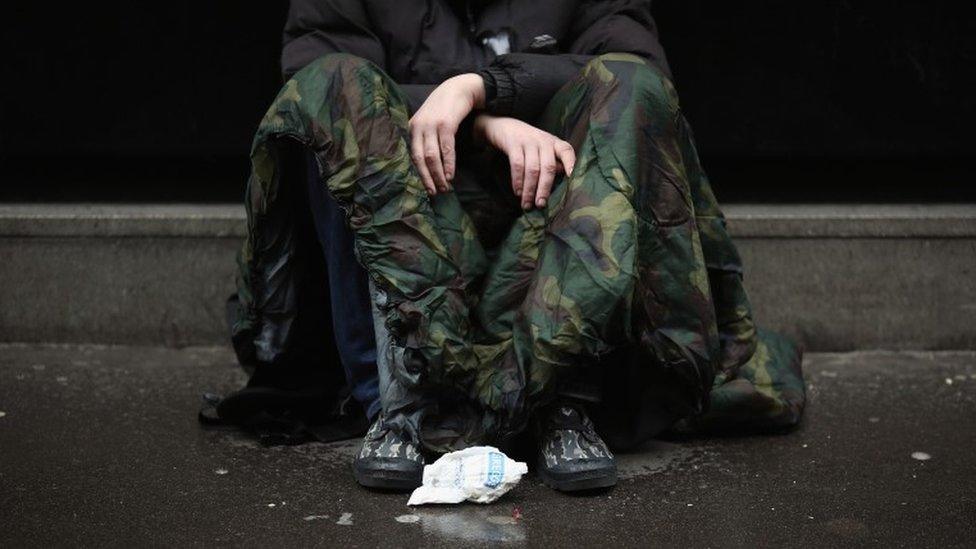
A lack of affordable housing in Monmouthshire means 87 household in temporary homes and an eight-and-a-half month waiting list
Families are being forced into temporary accommodation because of an affordable housing crisis comparable to the aftermath of World War Two, a council leader has said.
Hotels and bed and breakfasts will cost Monmouthshire council an estimated £1.865m this year.
"We are looking at a situation very similar to the post-war years," said leader Mary Ann Brocklesby.
The Labour-run council agreed a rapid rehousing plan through to 2027.
Ms Brocklesby said it would mean prefabricated homes going up in response to a previously "unthinkable" waiting list of 328 homeless applicants.
According to the Local Democracy Reporting Service, 87 households were housed by the council in bed and breakfasts, with an average wait of eight-and-a-half months to move on.
Before 2020, Monmouthshire would typically have about 10 people at a time in bed and breakfasts, normally staying for about a week.
Ms Brocklesby said she wanted people housed in "self-contained accommodation" and for bed and breakfasts and hotels "to be full of tourists".
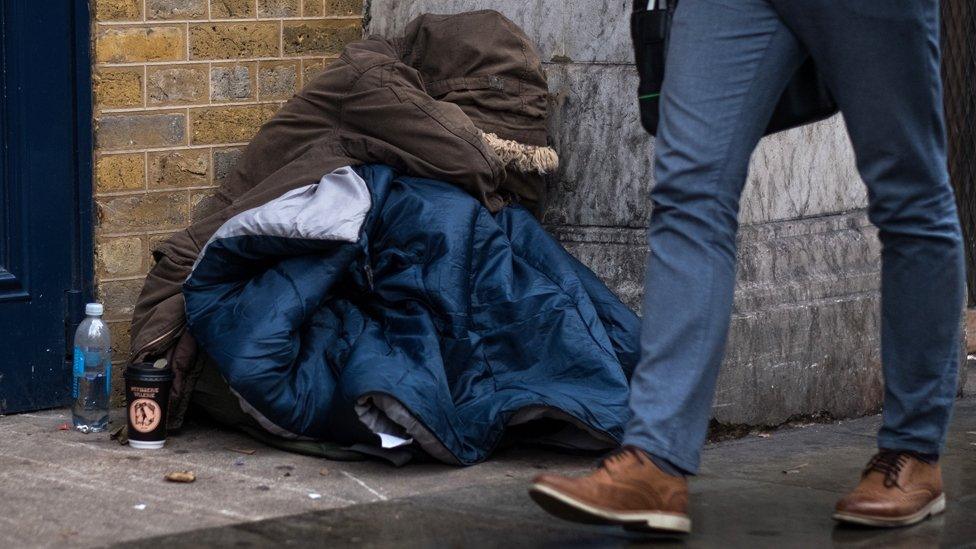
Housing people at risk of homelessness in "unsatisfactory" temporary accommodation will cost the council £1.865m this year
Welsh councils have been required to take a proactive approach on homelessness since the Covid outbreak in 2020 when the Welsh government began pushing for the rapid rehousing of people sleeping rough.
The new housing plan aims to increase the amount of "good quality, self-contained" accommodation available.
Cabinet member for housing, Sara Burch, said the council's housing team was "very successful" as most people who present as at risk of homelessness "do not actually become homeless".
Tudor Thomas, cabinet member for social care, said he was particularly concerned for young people leaving care at 18 who did not have parents who could help.
He said the plan included a special group to consider the needs of young people and it recognised the need for more supported housing for under-25s.
- Published10 March 2023

- Published28 October 2022
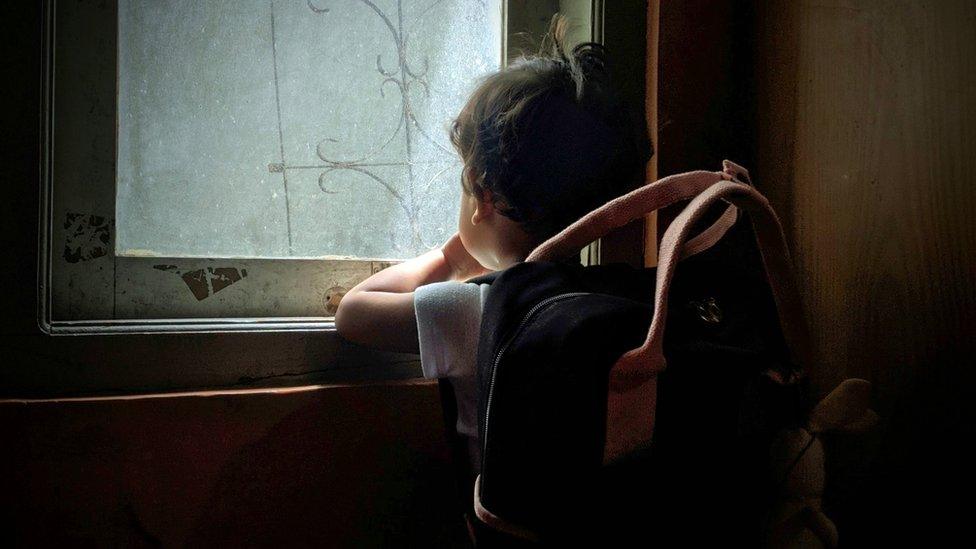
- Published30 November 2021
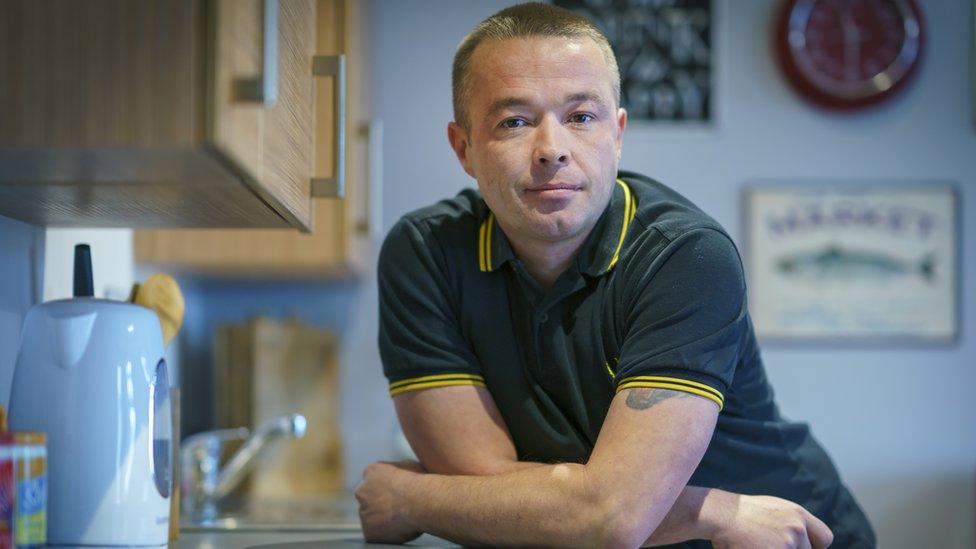
- Published6 January 2020
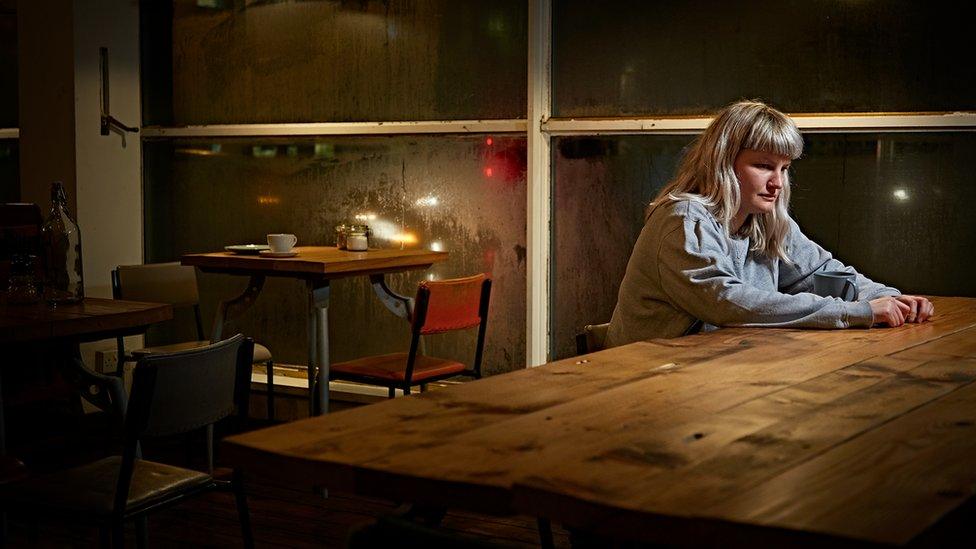
- Published21 May 2019
